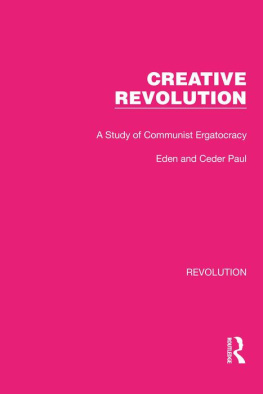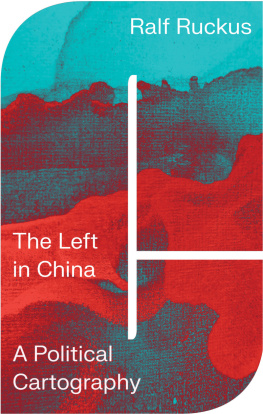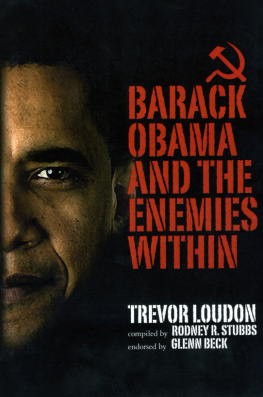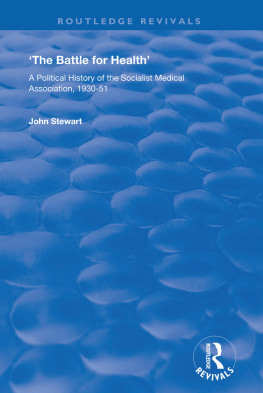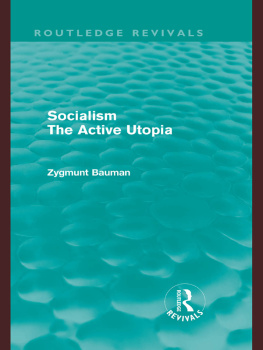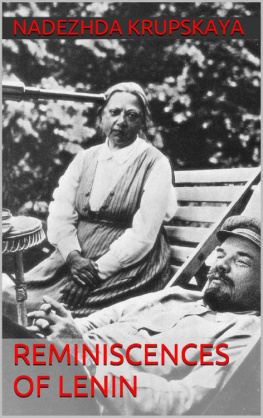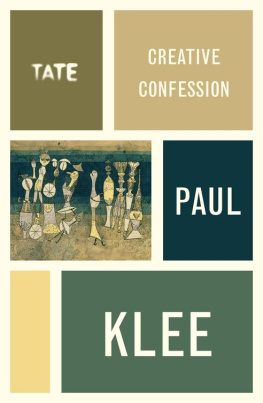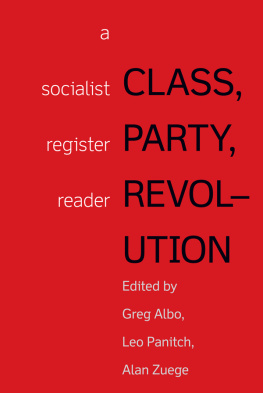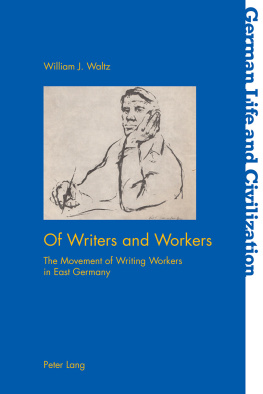REVOLUTION
Volume 7
CREATIVE REVOLUTION
CREATIVE REVOLUTION A Study of Communist Ergatocracy
EDEN AND CEDER PAUL
First published in 1920 by George Allen & Unwin Ltd.
This edition first published in 2022
by Routledge
4 Park Square, Milton Park, Abingdon, Oxon OX14 4RN
and by Routledge
605 Third Avenue, New York, NY 10158
Routledge is an imprint of the Taylor & Francis Group, an informa business
1920 Eden and Ceder Paul
All rights reserved. No part of this book may be reprinted or reproduced or utilised in any form or by any electronic, mechanical, or other means, now known or hereafter invented, including photocopying and recording, or in any information storage or retrieval system, without permission in writing from the publishers.
Trademark notice: Product or corporate names may be trademarks or registered trademarks, and are used only for identification and explanation without intent to infringe.
British Library Cataloguing in Publication Data
A catalogue record for this book is available from the British Library
ISBN: 978-1-032-12623-4 (Set)
ISBN: 978-1-003-26095-0 (Set) (ebk)
ISBN: 978-1-032-12747-7 (Volume 7) (hbk)
ISBN: 978-1-032-12749-1 (Volume 7) (pbk)
ISBN: 978-1-003-22606-2 (Volume 7) (ebk)
DOI: 10.4324/9781003226062
Publishers Note
The publisher has gone to great lengths to ensure the quality of this reprint but points out that some imperfections in the original copies may be apparent.
Disclaimer
The publisher has made every effort to trace copyright holders and would welcome correspondence from those they have been unable to trace.
Creative Revolution A Study of Communist Ergatocracy
By
Eden & Cedar Paul
Revolution is the highest form of creation, the re-creation of the animate matter of the social organism.
J. R. White .
First published in 1920
(All rights reserved)
To Vladimir Ilich Ulianov commonly known as Lenin Chairman of the Peoples Commissaries of the Russian Socialist Federative Soviet Republic
TABLE OF CONTENTS
CHAPTER TWO
Socialism through Social Solidarity
CHAPTER THREE
Socialism through the Class Struggle
CHAPTER FOUR
The Shop Stewards Movement
CHAPTER FIVE
Historical Significance of the Great War
CHAPTER SIX
The Russian Revolution
CHAPTER SEVEN
The Third International
CHAPTER EIGHT
The Dictatorship of the Proletariat
CHAPTER NINE
The Iron Law of Oligarchy
CHAPTER TEN
Socialism through Parliament or Soviet ?
CHAPTER ELEVEN
Creative Revolution
CHAPTER TWELVE
Freedom
CHAPTER ONE Communist Ergatocracy
The political and social aim of democracy is to abolish a relationship of subjection and rule. The derivative meaning of the term democracy is peoples rule. Modern democracy does not aim at rule at all, but at administration; at the administration of the people, by the people, for the people. How this new conception, this new estimate, of state organisation can be carried out in practice is no mere question of power; it is a difficult problem of administrative technique.
T. G. Masarvk .
T HIS little volume has a twofold aim, theoretical and practical. In the theoretical field, we wish to effect an analysis of socialist trends and to attempt a synthesis of contemporary proletarian aims. In the sphere of practice, we hope to intensify and to liberate the impulse towards a fresh creative effort. The philosophy we expound is the philosophy of ergatocracy, a new term of which no succinct definition can be given on the first page. The need for definition, and the impossibility of defining ergatocracy in a pithy phrase, has impelled the production of a booklet; and nothing but the urgency of the hour, coupled perhaps with our temperamental disinclination for Teutonic thoroughness, has prevented the booklet from attaining the proportions and ponderosity of a treatise, documented, as the French say, with innumerable citations, and bristling with footnotes. Yet in the case of so new a wordit is little more than a year since it was launched upon a reluctant world, and it does not yet enjoy the hospitality of any dictionary some attempt at definition is needed at the very outset. The lack of a new name to denote the new political philosophy of left-wing socialists has been manifest for some years. We have been moving away from the old conceptions of democracy. Syndicalism, which, as a counterblast to statism and parliamentary labourism, flourished in the years immediately preceding the war, was one of several attempts to restate socialist criticism, socialist aims, and the methods of socialist reconstruction. Statism, syndicalism, guild socialism, and various other competing isms, will receive due attention in the sequel. For the moment it will suffice to justify the coining of the term ergatocracy, and to give a brief indication of its significance.
Until quite recently, all forward spirits have imagined themselves to be moving Towards Democracy. Now democracy (like ergatocracy) is a temperament, a habit of mind, an outlook on life, quite as much as an abstract political philosophy; it is no mere product of the pure understanding, but is deeply tinged with feeling, impulse, and desire ; consequently, we are unjust to the concept democracy if we attempt to confine its soaring pinions within the cage of a narrow intellectualist formula. The poetically minded democrat wishes to fly sunward, to pulse athwart the empyrean with Shelley and with Whitman. But when we come to reason about our conceptions, we must fold our wings and take our stand on the solid earth ; the intelligence must operate with the sober methods of comparatively unmetaphorical prose. The democrat must content himself with some such formula as Democracy is the government of the people, for the people, by the people. Mallock, a shrewd critic, in the opening chapter of The Limits of Pure Democracy, has little difficulty in exposing the hollowness of this famous phrase. But it conveniently expresses what most people mean, or think they mean, by democracy ; and at this stage of our argument it will be useful to employ a similar phrase in preliminary explanation of the term ergato-cracy. As usual in modern English, the coiner of a neologism must have recourse to the rich and expressive language of the Greeks. Democracy was once a new word, and probably aroused the hostility of misoneists among the contemporaries of Pericles when, using the word-building resources of their own tongue, certain Greeks who felt the need of a new name for a new idea, linked together the words demos, people, and kratia, rule or government, to make demokratia, democracy, peoples rule, or popular government. Ergatocracy is formed on precisely similar lines. Er gates

